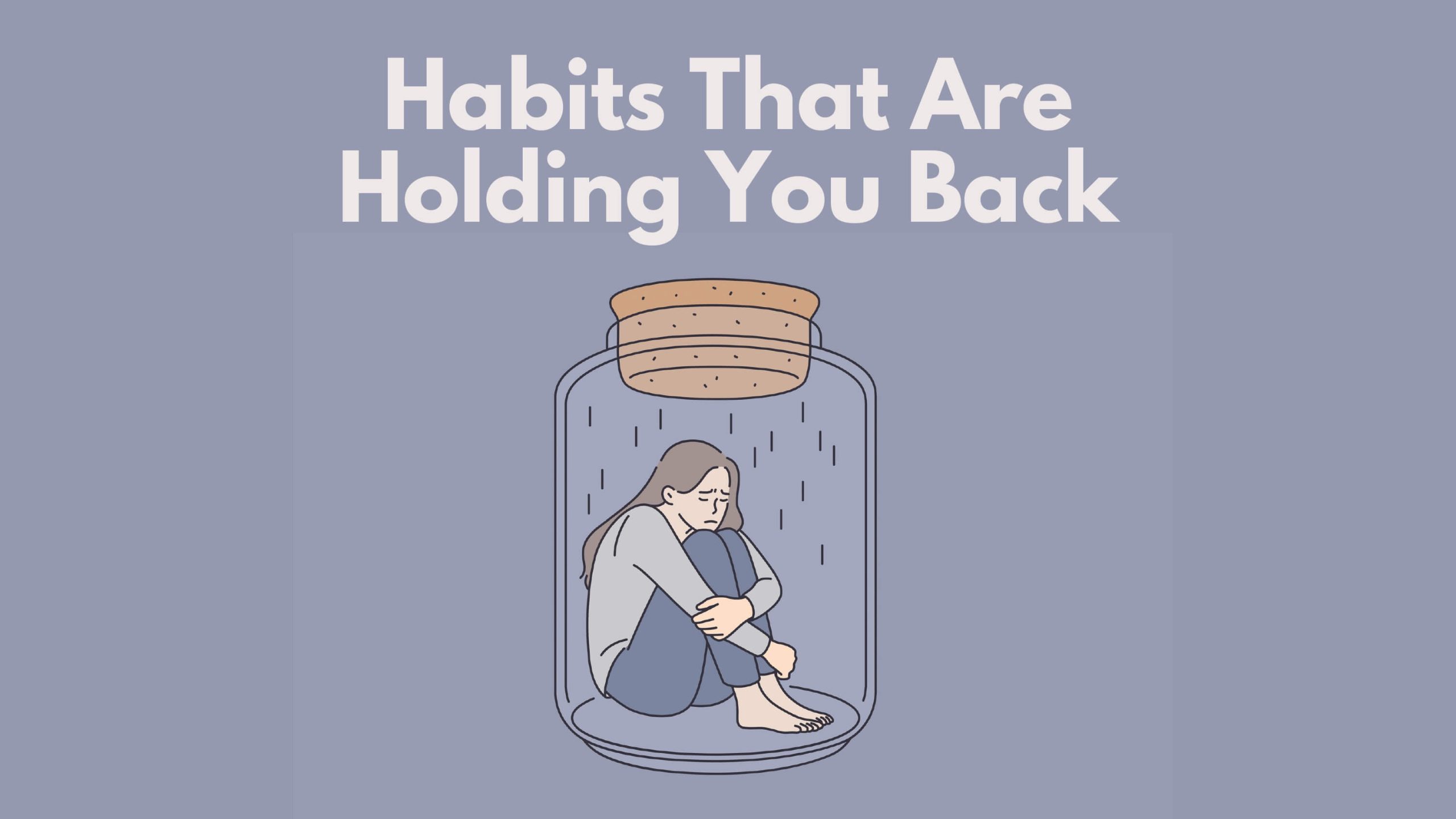We are what we repeatedly do. Excellence, then, is not an act but a habit. – Aristotle
Habits can’t be underestimated. If we do something frequently, it becomes a part of us. If we have great habits, that’s amazing. It’s likely to lead us to great results. But some habits can hold us back and prevent us from reaching our full potential. Here are a few habits that are not so obvious but can have very negative effects on your emotional well-being and professional growth.
Setting unrealistic timelines
Will you learn a new language in a month? Or finish a two-week course in a day? Probably not. However, one common bad habit is setting yourself up for failure by imagining and planning for an unrealistic timeline. A mistake we often make is assuming that something will take us X amount of time under Y conditions, if Y conditions are being completely focused, at our best, and so on. But we rarely manage to create those best conditions. Life happens. We have other tasks. We get tired and frustrated.
An unrealistic timeline can make us feel like a failure, because we did not meet a goal, but that goal was often very hard to meet. Instead of planning for a goal that we can only achieve under the best conditions, we should plan for a more realistic timeline. It will keep you motivated and help you avoid letting others down. A couple of extra days, hours, or weeks, depending on the goal, can make a huge difference in quality.
Going too fast
Being quick is not always the same as being good. Speed can sometimes be a detriment and not just to the quality of your work. Often, it can also hurt how much you enjoy the work or what you can learn from it. Being fast might mean that you don’t work at a comfortable pace and don’t stop to enjoy what’s going on at the moment.
Learning to slow down can help you be more engaged with the present and to focus on what you are doing. It’s going to enhance your performance as well, as speed often means we make more mistakes.
Blaming yourself for not making progress
It feels like being hard on yourself for not making progress should motivate you to do better. But that rarely happens. Instead, it demotivates us and makes us feel bad. Don’t blame yourself for not making enough progress. Instead, try to celebrate your achievements and practice gratitude.
Focus on what you have achieved and try to compare your progress to your own past, rather than to other people. Chart a course for future progress, but don’t focus on how much you’ve failed. Celebrate what you have done. It might feel strange at first, but it’s sure to motivate you more than the alternative.
Feeling bad about your current situation
There are times when we all feel bad about where we are. But sometimes, that can become a bad habit. We never feel good about ourselves. We worry about not being enough or not doing enough. Often, it goes hand in hand with the habit we discussed above. The effects can be striking. You might feel bad about yourself and that makes you unhappy or less motivated to try and do better.
Instead, gratitude is the perfect antidote. Consider all the things you can appreciate in your life. You can make gratitude a habit to replace the negative emotions and soon see the positives in your life, which inspires you to do better and strive for more.
Doing what others think you should be doing
People around us can provide solid advice, and that’s important to consider. But that’s not always the case. Other people can have their own opinions that might lead us astray. You can become used to following what others expect of you and keep doing it even when this thing is not really working for your life.
Instead, try to focus on what you want and need. Consider whether your ideas align with what others want. It’s fine to give up what you never wanted, and let others feel disappointed. Your life is yours to live.
Punishing yourself over small things
Punishing yourself, in general, is a bad habit, and one that is especially insidious when you do this over small things. You can do a lot of damage without accomplishing much. Consider if it’s a habit you have and ask whether it has served you well in the past. Instead, try to be kind to yourself. Imagine that you are talking to a dear friend, would you say to them the things you might say to yourself, even if they messed something up? Kindness leads to better results with others. It will also lead to better results with yourself.


